NBS governor on key economic mistakes
The key economic mistakes in the last ten years include artificial strengthening of the dinar in the early 2000s and the euroization process.
Wednesday, 25.07.2012.
12:17

BELGRADE The key economic mistakes in the last ten years include artificial strengthening of the dinar in the early 2000s and the euroization process. This is according to National Bank of Serbia (NBS) Governor Dejan Soskic. NBS governor on key economic mistakes In an article he authored for daily Politika, he notes than in 2001 and 2002, inflation was 96.44 percent, while in the same two-year period the dinar nominally weakened only 3.7 percent against the euro and gained eight percent against the dollar. “In layman's terms, the dinar was artificially too strong compared to the euro and the dollar,” he wrote. According to Soskic, products from Serbia became expensive in both the domestic and foreign markets, which hurt the competitiveness of the country's economy and affected the structure of economic activity and investments - services and import grew, while production and export slackened. “The dinar rate did not reflect the changes in inflation or interest rates, and everything made in Serbia became relatively expensive and thus uncompetitive,” he added. According to Soskic, it was simpler to import cheap and ready products than to produce in the country and employ people, and the criticism that this situation was stifling export was met with the response that "the exchange rate does not affect export because Serbia has nothing to export anyway." “The people were sold an illusion of an improving living standard due to the rise of their salaries in euros, which enabled them to purchase a growing quantity of imported products, while local products were becoming more and more expensive in euros due to inflation and a fixed exchange rate,” says the governor. In Soskic's assessment, this destroyed Serbia's chances of development in sectors which have export potential and are vital for the country - the industry and agriculture. Dejan Soskic Tanjug
NBS governor on key economic mistakes
In an article he authored for daily Politika, he notes than in 2001 and 2002, inflation was 96.44 percent, while in the same two-year period the dinar nominally weakened only 3.7 percent against the euro and gained eight percent against the dollar.“In layman's terms, the dinar was artificially too strong compared to the euro and the dollar,” he wrote.
According to Šoškić, products from Serbia became expensive in both the domestic and foreign markets, which hurt the competitiveness of the country's economy and affected the structure of economic activity and investments - services and import grew, while production and export slackened.
“The dinar rate did not reflect the changes in inflation or interest rates, and everything made in Serbia became relatively expensive and thus uncompetitive,” he added.
According to Šoškić, it was simpler to import cheap and ready products than to produce in the country and employ people, and the criticism that this situation was stifling export was met with the response that "the exchange rate does not affect export because Serbia has nothing to export anyway."
“The people were sold an illusion of an improving living standard due to the rise of their salaries in euros, which enabled them to purchase a growing quantity of imported products, while local products were becoming more and more expensive in euros due to inflation and a fixed exchange rate,” says the governor.
In Šoškić's assessment, this destroyed Serbia's chances of development in sectors which have export potential and are vital for the country - the industry and agriculture.











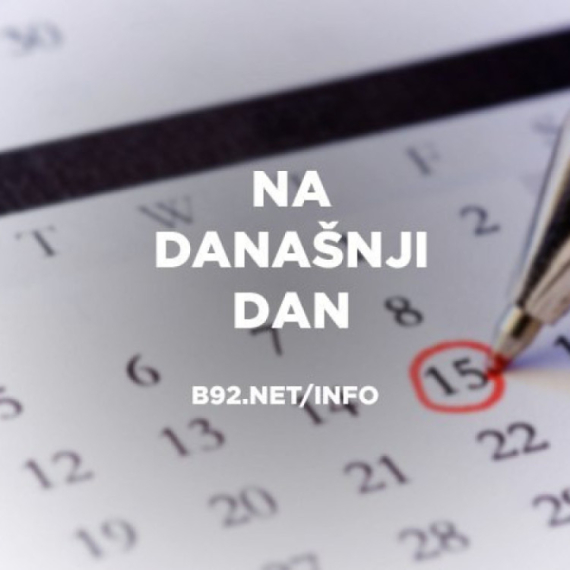



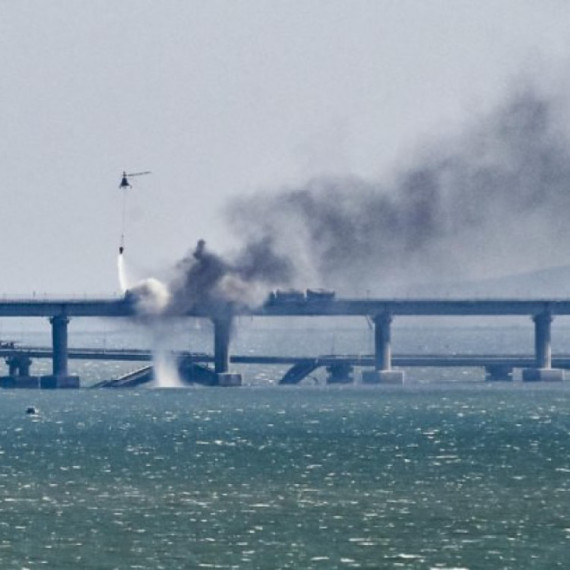






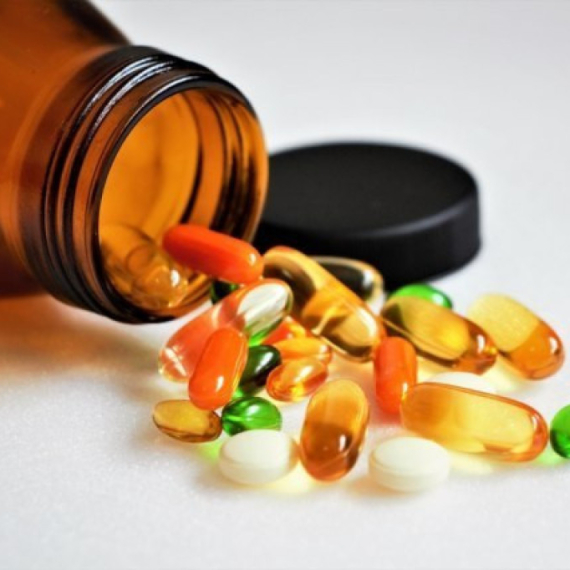























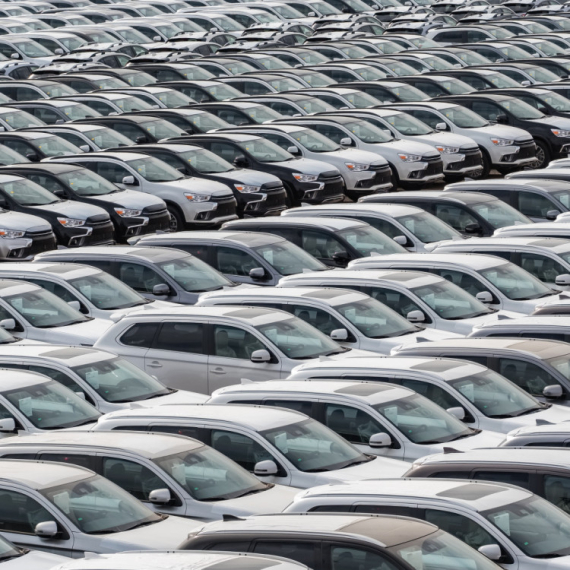




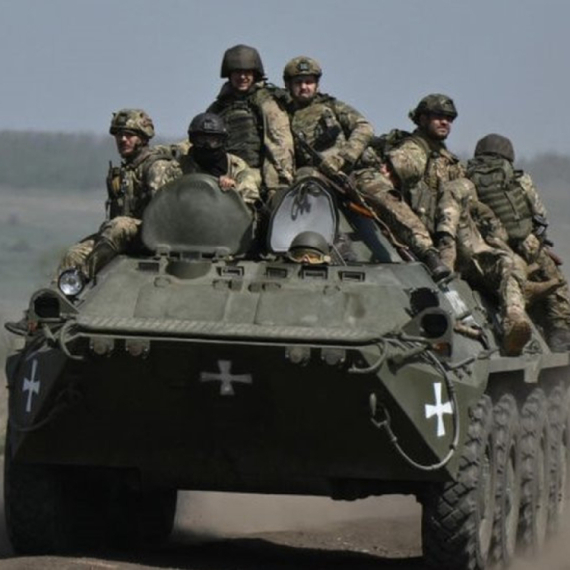


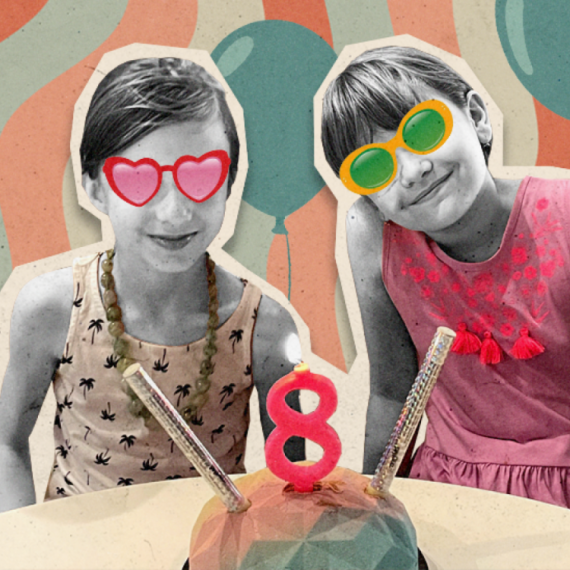


Komentari 6
Pogledaj komentare